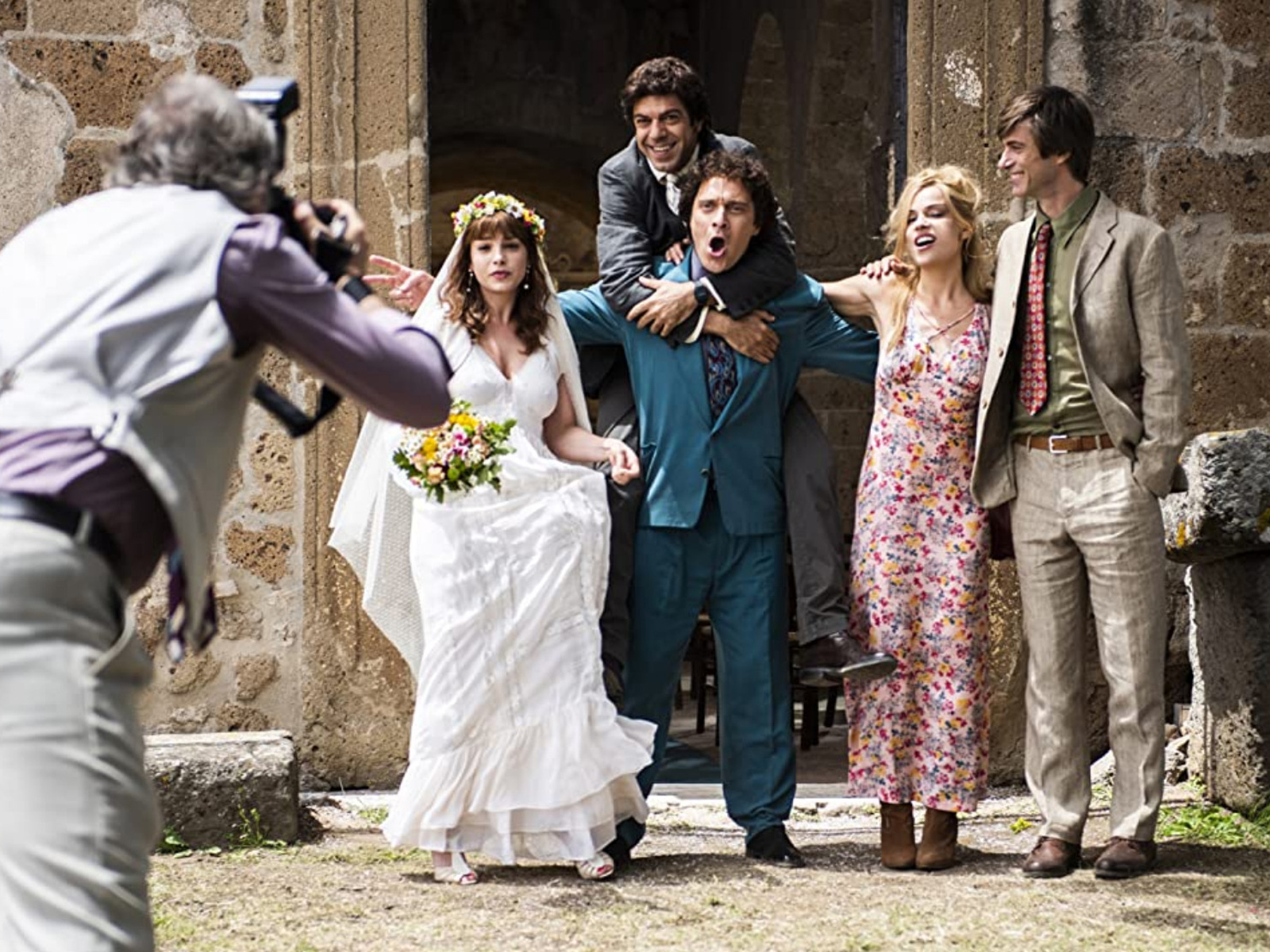
- Golden Globe Awards
The Best Years (Italy): Interview with Gabriele Muccino
"Arial",sans-serif”>is a heartfelt story about a friendship among four people that starts when they are teenagers in the tumultuous early 1980s. It follows them for 40 years, through love, betrayals, heartbreaks, economic difficulties, parenting, successes and failures in Italy which changes like their everlasting friendship.
The film is made by the cream of Italian cinema: the score is by Oscar winner Nicola Piovano, the original song is by Claudio Baglioni and the cast led by Pierfrancesco Favino, also includes Micaela Ramazzotti, Claudio Santamaria and Kim Rossi Stuart. The film, which was produced by Lotus (Leone Film Group), with Rai Cinema and 3 Marys Entertainment, was shot almost entirely in Rome, with a budget of 8 million euros.
italic”>and Dino Risi’s Una vita difficile. Those films helped us understand who we are, where we come from, why we are today who we are. I thought about time as the great puppeteer of our existence. We think we are able to make choices, yet it’s time to make choices for us, both on a micro and macro level. I wanted to tell the story of four friends with different destinies and at the same time very much bonded one to another. An unconditional friendship and love, in which time is the proverbial deus ex machina holding their lives in its powerful hands, leading them to never imagined tangents.
In my worldview, the woman is always the pivotal center. Women are always the nexus in the relations among men, they are able to move the societal dynamics because they always did that, from the tribal villages when men were distracted by hunting to the world wars in which women kept societies together, while men were dying on the front lines. Putting a woman at the center of this tale is a way to remind us that women are stronger than men. They are the glue that keeps us together.
There is a little bit of me in all of them, starting with the fear of mediocrity, embodied by Favino’s character, who wants to make it in a world in which leadership is fundamental. And there is the not completely grown-up part of me in Santamaria’s character, which is what I always feared as an artist, the fear of not having enough talent. Paolo, played by Rossi Stuart, is the one who, through contemplation, manages to conquer his beloved woman. There’s a little bit of me in all these instances.
It’s the culmination of my examination of the dynamics between men and women and the last 40 years of our lives and history. I always examined love and friendship throughout my films, and I believe this one sums up the reason I chose to be a director and a storyteller.

